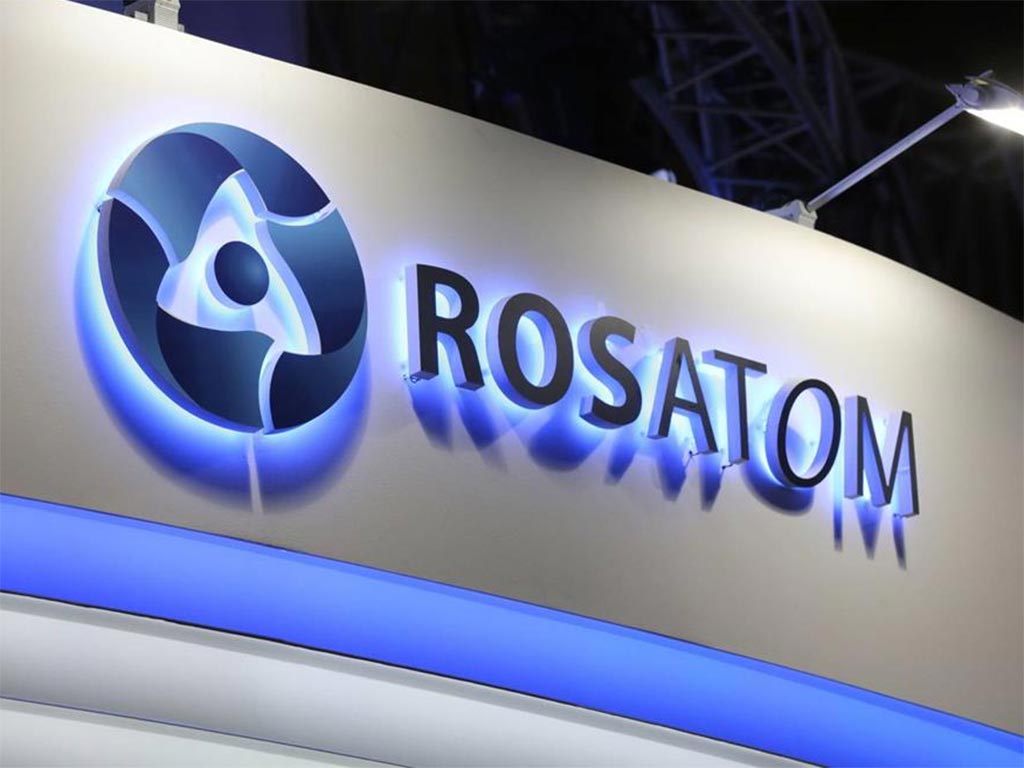According to RosAtom, the experiments were carried out as part of the program to create tolerant nuclear fuel, which can be used in emergency situations at nuclear power plants. Even in the event of a malfunction in the reactor core, the tolerant nuclear fuel will slow down the onset of a zirconium vapor reaction, which contributes to the release of hydrogen, an explosive gas.
The introduction of emergency fuel is an important step to improve the reliability of nuclear power. “In theory, silicon carbide cladding will not only minimize risks, but will completely eliminate the reaction of steam and zirconium in nuclear power plants,” RosAtom said. Therefore, the introduction of silicon carbide fuel rods will eliminate the need for some safety systems, reducing building costs of nuclear power plants.
Silicon carbide-based materials have high mechanical strength, wear resistance, thermal conductivity, as well as resistance to corrosion and radiation, but at the same time, they are brittle and have low plasticity.
“In addition, their use will increase the efficiency of modern reactors by increasing fuel consumption and the duration of the fuel yield,” said Research Institute of High-Technology of Inorganic Materials expert Fedor Makarov.
Silicon carbide is potentially one of the most promising options for tolerant nuclear fuel cladding, but at the same time it is the most technologically complex, requiring an entirely new technology to manufacture, RosAtom scientists estimate.
Jrr/llp/jha/gfa










